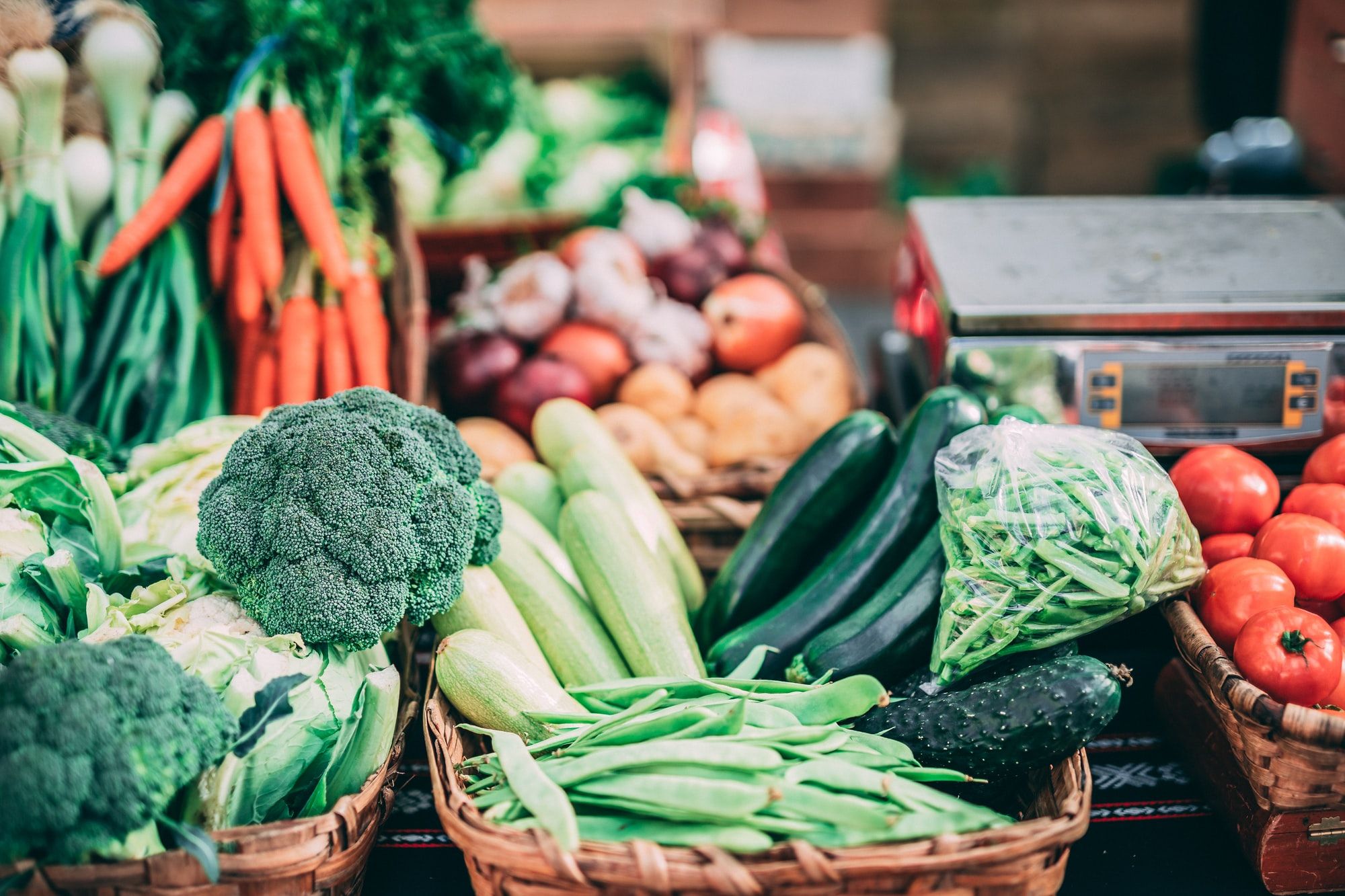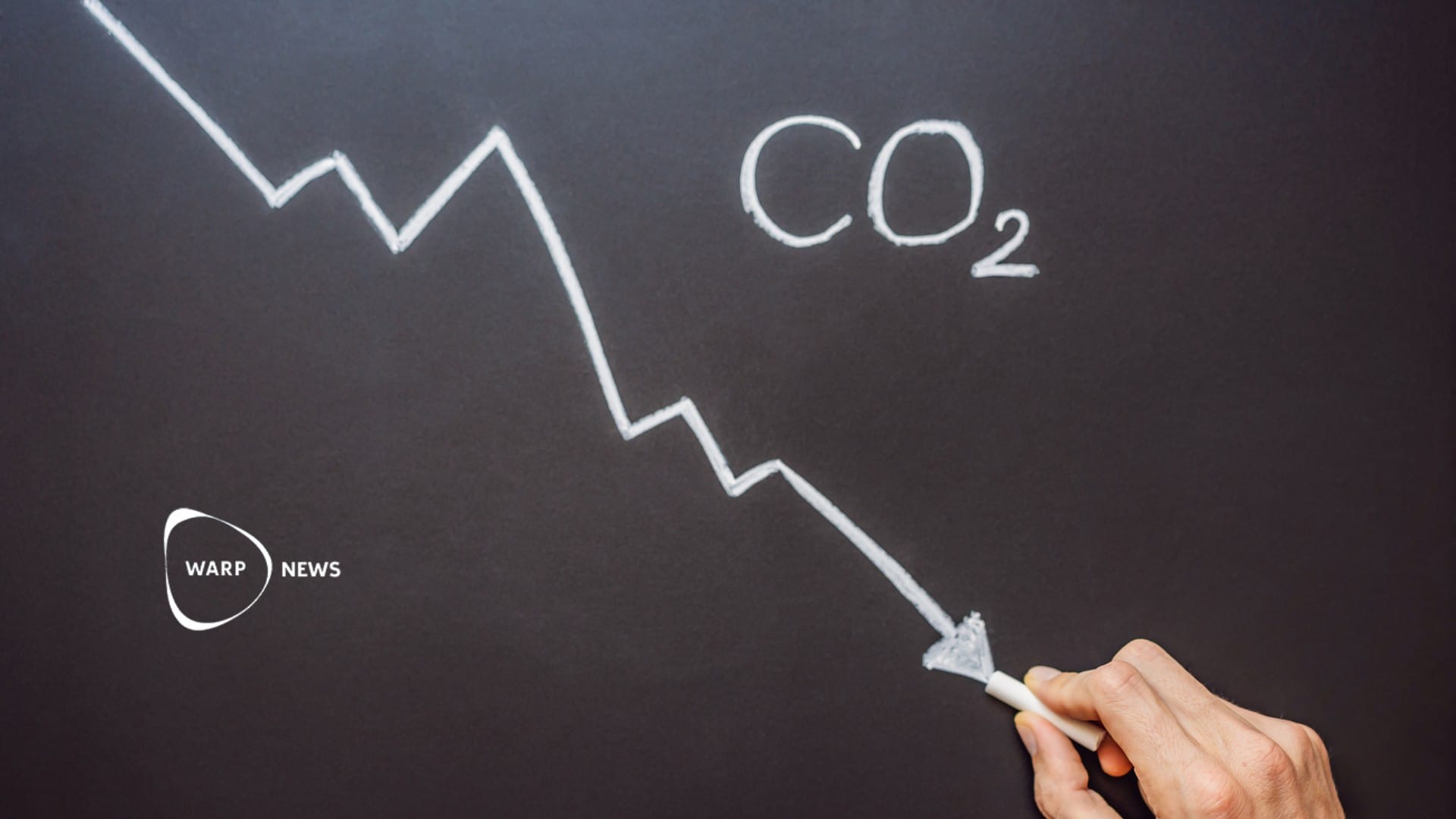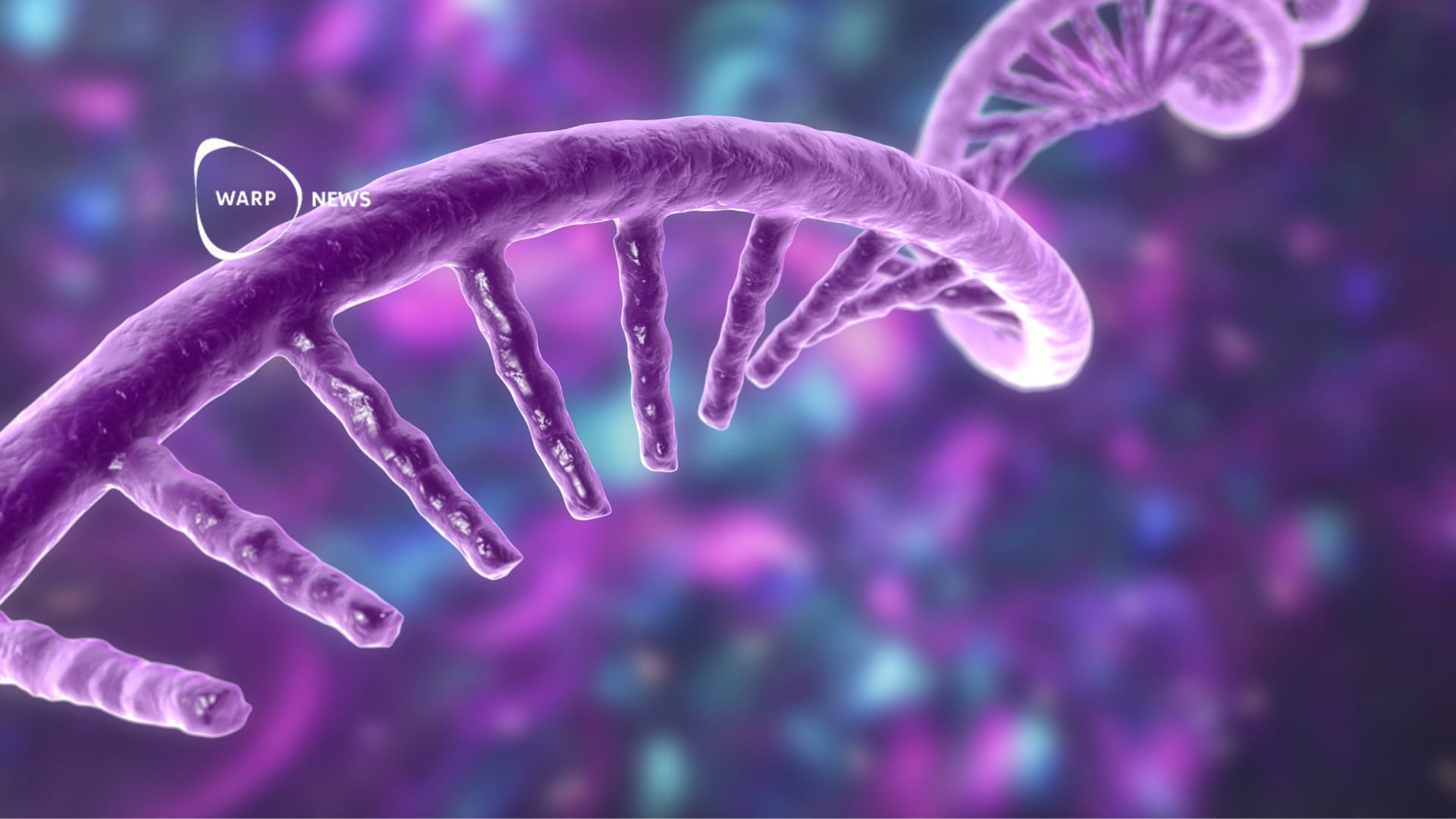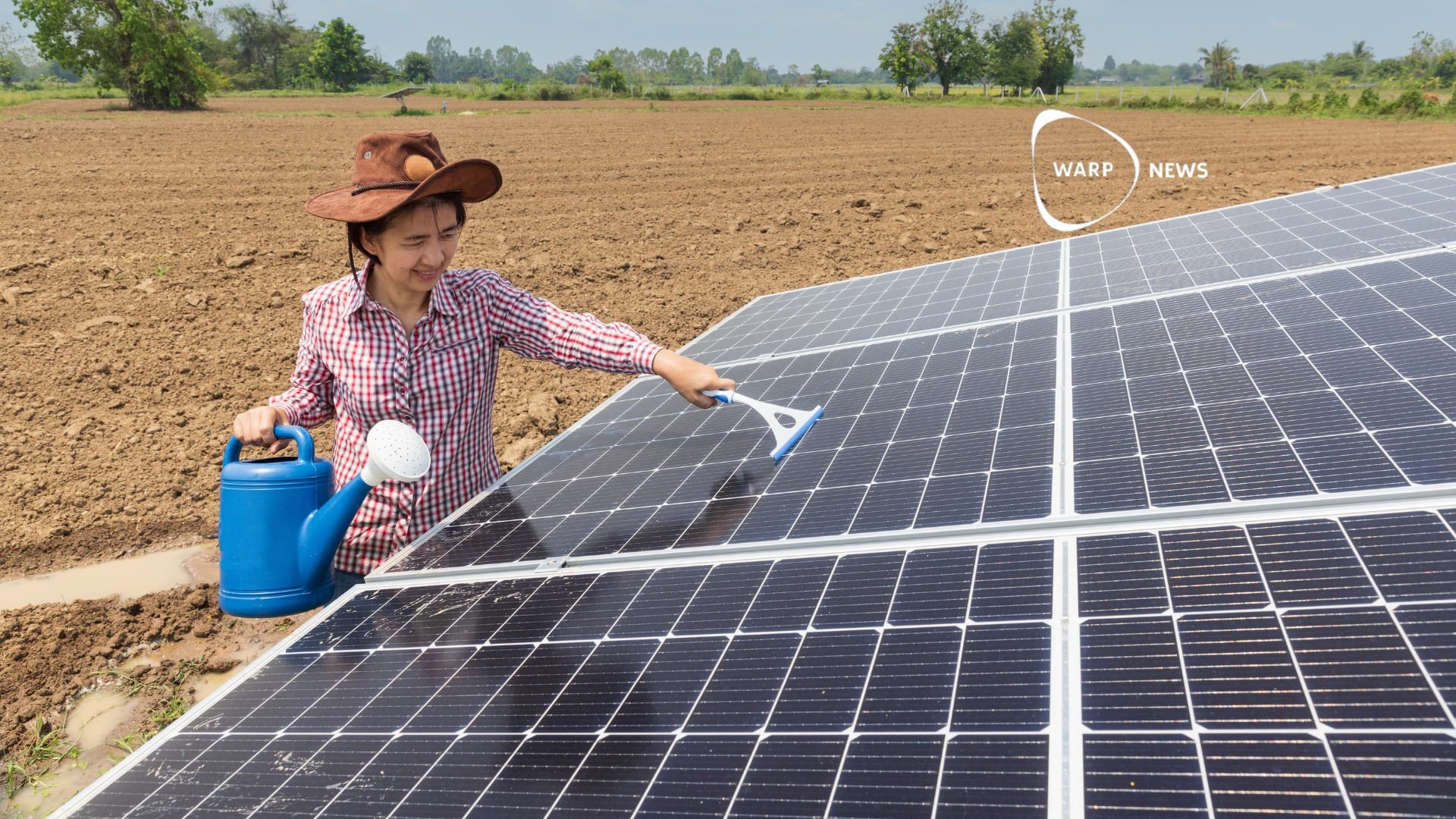
🦾 New technology separates 12 different types of plastic
A new camera technology, developed by scientists, can tell the difference between and separate 12 different types of plastic.
Share this story!
Plastic is a very difficult material to recycle because it comes in various sorts with different compositions and characteristics. Now, scientists in Denmark have developed a camera technology that can tell the difference between 12 types of plastic. All of these make up a big part of household plastics.
TechExplore explains that the new technology allows for the separation of plastics based on a purer chemical composition than is possible today, paving the way for better ways to recycle plastics at designated facilities.
“With this technology, we can now see the difference between all types of consumer plastics and several high-performance plastics,” says Associate Professor Mogens Hinge, who is leading the project at Aarhus University to TechExplore. “We can even see the difference between plastics that consist of the same chemical building blocks, but which are structured slightly differently.”
"The technology we've developed in collaboration with the university is nothing short of a breakthrough for our ability to recycle plastics. We look forward to installing the technology in our processing hall and starting in earnest on the long journey towards 100% utilization of waste plastic," says Hans Axel Kristensen, CEO of PLASTIX to TechExplore.
Up until now recycling facilities have used near-infrared technology (NIR) or something called density testing which determines if the plastic floats or sinks in order to divide various types of plastic like PET, PP, and PE. The new methods that the team has developed are much more accurate and can distinguish plastic with a high chemical purity in their compositions.
This breakthrough opens up new opportunities to increase the recycling rate of discarded plastic and make it more precise, thus reducing pollution.
You can read the whole study from ScienceDirect here.

By becoming a premium supporter, you help in the creation and sharing of fact-based optimistic news all over the world.



